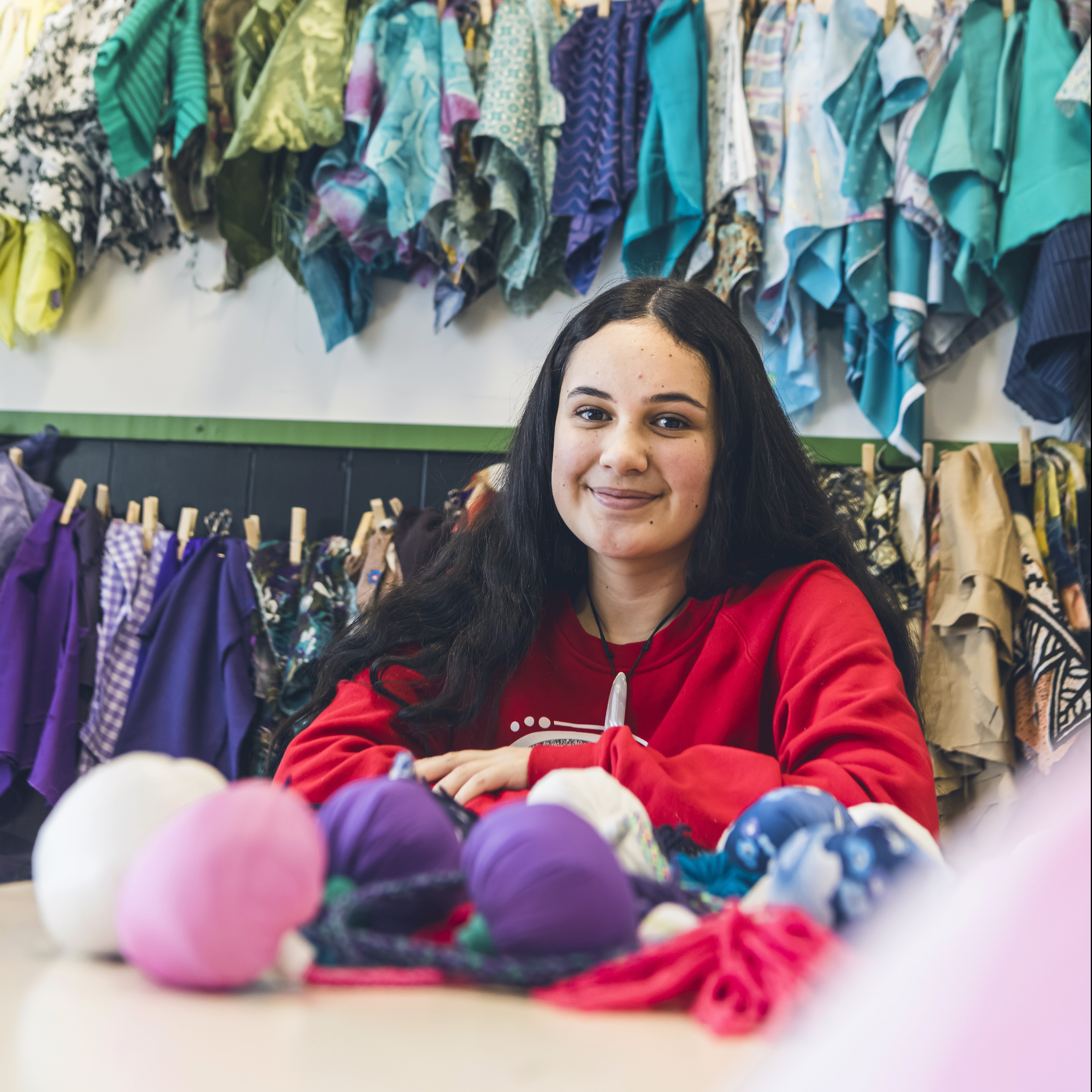Georgia Latu
By the time she was 12, Georgia Latu was already someone who enjoyed making gifts for her friends and whānau.
So when she found herself facing the challenge of getting to a wānanga in the North island, it was natural to put those skills towards a fundraising effort.
Within three days, she’d raised $1000. She was shocked by her success – but it was just the beginning.
“My auntie said, ‘We’re having a 48-hour boot camp for start-up businesses, so why don’t you guys come?’
“And at that time, we thought this was just a hobby, just a fundraiser. We went there and won people’s choice awards and thought, ‘This is much bigger’.”
Latu and her whānau were soon hard at work in their lounge, making poi.
Right from the start, Latu was committed to an environmentally friendly approach. She and her mother, Anna, would comb the local op-shops looking for clothes and other cheap materials they could recycle into taonga. They also gathered wool or fabric waste from people in their community.
Within a short time she had added jewellery, prints and clothes to her line of poi – all while sharing the mātauranga Māori – or Māori knowledge – which has fascinated her since childhood.
This fascination with her heritage sparked another project during lockdown – writing a book.
“We have just published a brand new book talking about whakapapa of poi, because we do know there’s a big knowledge gap, that people know what poi are but they don’t know where they came from.”
Latu named her main business Pōtiki Poi after her ancestor Tahu Pōtiki, who led her people to the South Island, and after Api, her little brother. Pōtiki means ‘youngest brother’ in te reo Māori.
Latu’s business ventures have been daunting and difficult, but the rewards are many.
“The biggest challenge for me is being young and a Māori wāhine.
“It’s quite hard for me to venture out into this business world, which not many young people are doing at the moment. But one of the highlights coming from the challenges is being able to find those people making a difference.
“I won a GirlBoss of New Zealand award 2019, and that was an eye-opener seeing other young wāhine making a change in our community and doing awesome things, and I thought, ‘How lucky am I to be amongst this change and making Aotearoa a better place’.”
Latu credits her whānau with helping her to overcome her challenges.
Her whānau is also an inspiration – especially Api, who was born with trisomy 21, or Down Syndrome. He is part of the reason for her commitment to employing people with a diverse range of abilities and making sure they are fairly rewarded for their efforts.
“I’m not on this waka alone – I’m on it with my people, so I’m encouraging everybody to get on this waka to make a change.
“I know that without my mum and dad, I wouldn’t be here, without my nannies and uncles helping to start the business – at the start it was quite tough in the lounge.
“We needed to give back to the community, and in that way we were actually creating change, and getting people employed – living wage, not minimum wage – and getting everyone involved.”
Three years after founding her business, it has grown into a successful enterprise and Latu is considering her next steps. With the support of whānau, she is expanding into the field of education.
It’s a natural progression for a young woman whose mother is a senior lecturer at the University of Otago. Latu herself is a student at Te Kura Kaupapa Māori Ōtepoti in Dunedin and has hosted workshops on the whakapapa of poi.
Today Georgia has opened Kura Poi – a contemporary poi dance academy, a school of arts, teaching how to use our poi. She has also established some really large contracts, now stocking her poi in over 30 Countdown stores across the motu. Her most recent contract has seen make over 30000 poi for the Womens Rugby World Cup in just 3 months.
“We want to make sure our taonga don’t get lost, but we also need to contemporise how we use it. We have poi and we’re revitalising them for everyone.”
Looking further ahead – maybe 10 years from now – Latu sees herself becoming even more involved with revitalising her culture and preserving Māori taonga, perhaps in the field of tā moko.
“Ever since I was a little girl in kohanga, I’ve always loved everything Māori – arts, weaving, mahi toi, anything Māori I was drawn to.
“I see myself revitalising and being a tā moko artist.
“Now that I’m older I realise that’s a huge pool of knowledge that not many people know or tap into, so I want to make sure that doesn’t die like a moa – that it will be revitalised to its fullest potential.”


